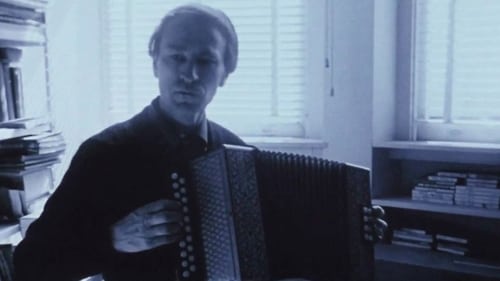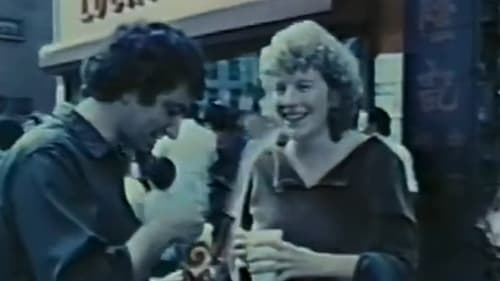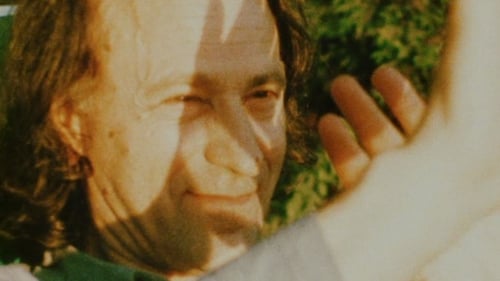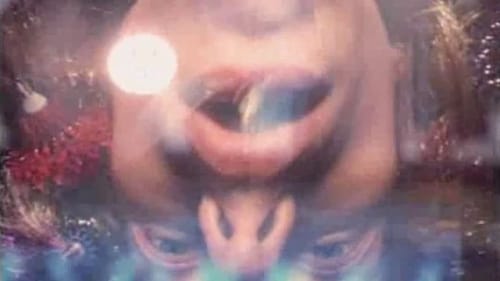Les années claires (2015)
Gênero : Documentário
Runtime : 1H 16M
Director : Frederic Guillaume
Sinopse
Anos Claros

Jamie é uma jovem insegura que vive sofrendo um verdadeiro bombardeio de perguntas das garotas belas e as gozações das colegas. Jamie descarrega tudo no diário, onde narra as aventuras de uma heroína. Sua vida vai mudar quando a história for publicada.

A história segue um jovem casal loucamente apaixonado cujo relacionamento começa a sofrer quando eles lutam para conceber uma criança.

O filme retrata as aventuras e emoções de Nanni Moretti. Ele percorre as ruas de Roma, descobrindo fachadas, indo ao cinema, visitando o lugar onde Pasolini foi assassinado. Descobre um cenário de ilhas paradisíacas que transfigura-se em espaço de “infernal” humor. Este misto de aventura e documentário autobiográfico registra tudo o que acontece de interessante em sua viagem, o que inclui sua peregrinação de médico em médico para se curar de sua doença.

A compilation of over 30 years of private home movie footage shot by Lithuanian-American avant-garde director Jonas Mekas, assembled by Mekas "purely by chance", without concern for chronological order.

An epic portrait of the New York avant-garde art scene of the 60s.

The honest and meticulous cashier, Savvas, works in a business and is often pressured by his wife’s siblings to embezzle money from his job and lend it to them. When his manager, leaving on a trip, entrusts him with a million drachmas without a receipt, Savvas succumbs to the pressure and gives some of the money to his brother-in-law. In the end, however, an unexpected development awaits Savvas, since his manager is killed in an airplane crash and he has to decide what to do with the money.

Filmmaker Jonas Mekas films 160 underground film people over four decades.

Jonas Mekas adjusts to a life in exile in New York in his autobiographical film, shot between 1949 and 1963.

A film collage tracing the story of the lives, loves, and deaths within the artistic community surrounding Jonas Mekas.

An extremelly honest man, Timoleon Lambrou (Dinos Iliopoulos), who has lost his job many times due to his honesty finds a wallet full of cash and a letter from the USA that belongs to a military General who is the president o a large public organisation and decides to return it. The General's wife though, Lia (Rena Vlahopoulou), covers for her brother (Andreas Douzos) who has embezzled from her husband's organisation and the letter proves the lies and embezzlements. Finally, Lia gets hold of the letter despite the honest man's objections but the General, decides to hire him due to his honesty. There, he discovers the embezzlements and when he tells everything to the General, his wife and her brother try to prove that he is crazy, a crook, a communist and anti-systemic, things that usually make the General furious. The honest man is imprisoned but in the end Lia decides to come forth with the truth.

Thanasis an honest tax official in the tax office. He can not cope and has trouble providing the family of the necessities. So the wife is forced to go to work in a factory as a result not seen at all. !!!

Documentary exploring the truth behind the legend of John Lennon.

Over the course of more than fifteen years, Clémenti films a series of intimate diaries, starting from daily encounters. In La deuxième femme, we see Bulle Ogier and Viva, Nico and Tina Aumont, Philippe Garrel and Udo Kier, a performance by Béjart, a piece by Marc’O, concerts by Bob Marley and Patti Smith (not always recognisable)... It’s like a maelstrom of psychedelic images that are passed through a particle accelerator.


Homeo is a mental construction made from visual reality, just as music is made from auditive reality. I put in this film no personal intentions. All my intentions are personal. I’ve made this film thinking of what the audience would have liked to see, not something specific that I wanted to say: what the film depicts is above all reality, not fiction. Homeo is, for me, the search for an autonomous cinematographic language, which doesn't owe anything to traditional narrative, or maybe everything. Cinema is, above all, part of a way of life which will become more and more self-assured in the years and century to come. We are part of this change, and that’s why I tried in Homeo to establish a series of perpetual changes, in constant evolution or regress, which tries, above all, to focus on things.

A short documentary by Jim McBride.

One of the very few films made by Etienne O'Leary, all of which emerged from the French underground circa 1968 and can be very loosely designated 'diary films.' Like the contemporaneous films by O'Leary's more famous friend Pierre Clementi, they trippily document the drug-drenched hedonism of that era's dandies. O'Leary worked with an intoxicating style that foregrounded rapid and even subliminal cutting, dense layering of superimposed images and a spontaneous notebook type shooting style. Yet even if much of O'Leary's material was initially 'diaristic,' depicting the friends, lovers, and places that he encountered in his private life, the metamorphoses it underwent during editing transformed it into a series of ambiguously fictionalized, sometimes darkly sexual fantasias. - Experimental Film Club

A woman walks, loves, eats and washes herself, dances. It all takes place in a bedroom. At times flashbacks, or visualizations of previous or following scenes. Unless her life in the bedroom becomes an obsession, she lives through the other scenes.

The comings and goings of the late underground filmmaker, Curt McDowell—and the people and activities that came and went along with him—are the themes that run through this existential diary of daily life. McDowell was dying from AIDS-related illnesses during the production of the diary. “An elegy for McDowell, the videowork captures Kuchar’s mournful remembrances of his long-lasting friendship with the young filmmaker. But it also has the inquisitive charm, perverse humor, and quirky candor that places Kuchar’s visual expressions in a gritty niche all their own.”













